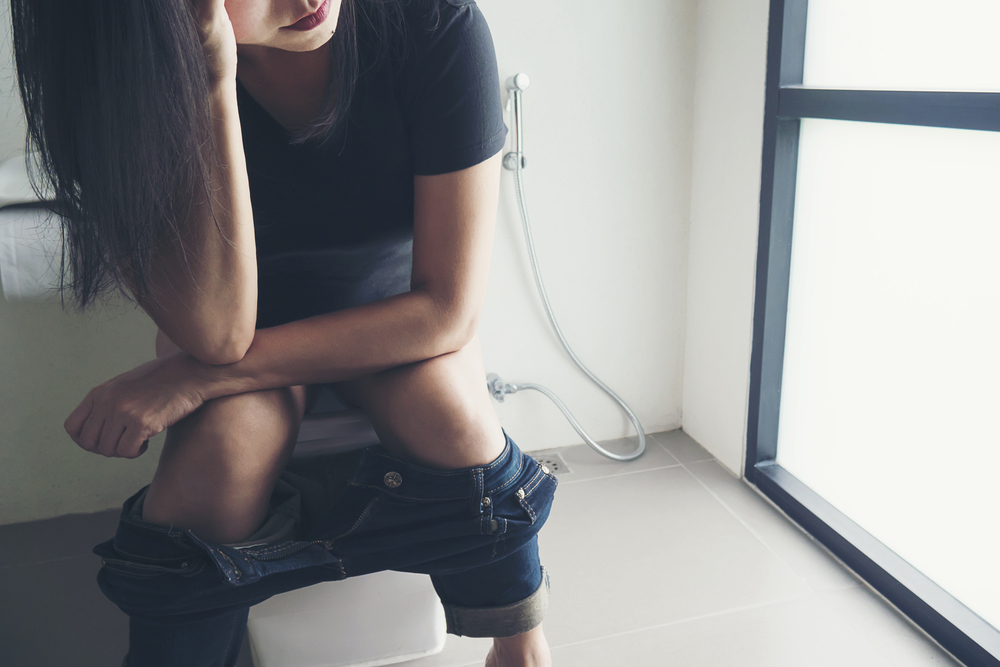Pelvic & Women’s Health

In Australia, 1 in 3 women, 1 in 10 men & 1 in 5 children have bladder control problems
Penny Hanlon is a physiotherapist who is experienced in helping people of all ages navigate a broad range of continence & pelvic health issues.
She cares for women, men & children with respect, kindness & confidentiality. Pelvic health issues can be difficult & embarrassing for many people.
Appointments | Call 9981 4099 | backincontrol@sportsphysioclinic.com.au
Signs of a pelvic floor problem (pelvicfloorfirst.org.au)
› accidentally leaking urine when you exercise, laugh, cough or sneeze
› needing to get to the toilet in a hurry or not making it there in time
› constantly needing to go to the toilet
› finding it difficult to empty your bladder or bowel
› accidentally losing control of your bladder or bowel
› accidentally passing wind
› pain in your pelvic area
› painful sex
› a prolapse
– in women, this may be felt as a bulge in the vagina or a feeling of heaviness, discomfort, pulling, dragging or dropping
– in men, this may be felt as a bulge in the rectum or a feeling of needing to use their bowels but not actually needing to go
Physiotherapy can help those with:
› urinary or faecal (poo) incontinence (leaking with exercise, lifting, coughing)
› sudden & urgent needs to go to the toilet
› pelvic organ prolapse
› pelvic pain & pain with intercourse
› people requiring core muscle programs
› mothers – pre & post natal care
Pelvic floor muscle training (PFMT) is just as effective as surgery for around half of women with stress urinary incontinence. There is Level 1 evidence that PFMT should be first-line treatment for urinary incontinence in females (Bo, 2020).
More information:
Your pelvic floor – men & women
Who is at risk? [Pelvicfloorfirst.org.au]
› pregnant women or those who have recently had a baby
› women who have had a baby
› women in menopause
› men – prostate surgery
› those with a history of back pain
› previous pelvic trauma
› ongoing constipation
› chronic cough or sneeze
› overweight or obese
› regular heavy lifting




